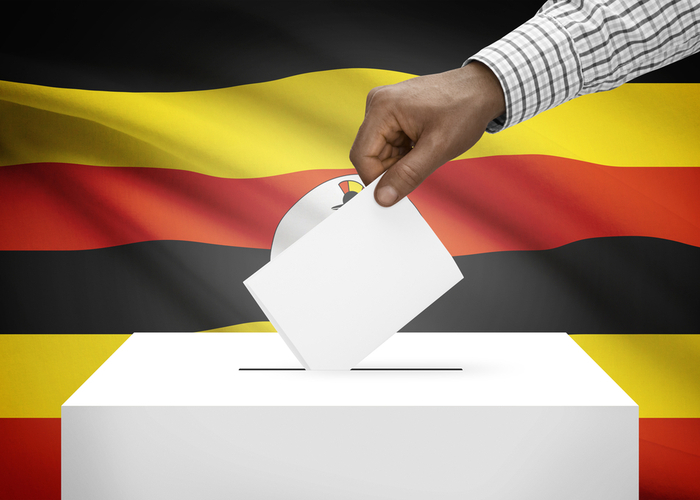
Once again, Uganda stands at the threshold of another election season, and once again, the script remains unchanged—violence, repression, and state-sanctioned brutality. The 2026 general elections are already proving to be a litmus test, not for political parties, but for the very soul of Uganda’s so-called democracy. The recent violent crackdown on supporters of Elias Luyimbazi, the National Unity Platform (NUP) candidate in the Kawempe North by-election, is not an isolated incident; it is part of a deeply entrenched pattern where the state wages war against its own citizens in the name of “law and order.”
The real question is not whether Uganda is heading toward a violent election, but rather why election violence is the norm. Every electoral cycle, security forces—particularly the Uganda Police Force, the Uganda People’s Defence Forces (UPDF), and now, bizarrely, the Joint Anti-Terrorism Task Force—unleash brute force against political opposition and their supporters. The justification is always the same: maintaining peace and stability. But peace does not come from the barrel of a gun, and stability cannot be built on the backs of beaten, arrested, and murdered Ugandans.
One must ask: why was the Anti-Terrorism Task Force deployed against unarmed Ugandans attending a political rally? Since when did exercising political choice become an act of terrorism? The systematic suppression of opposition voices is not just an abuse of power—it is an outright declaration that Uganda is a police state masquerading as a democracy. Citizens who should be freely engaging in the electoral process are instead being subjected to intimidation, arbitrary arrests, and physical violence.
This is not a recent phenomenon. The 2021 elections were marred by mass arrests, deadly crackdowns, and an internet blackout aimed at silencing dissent. Journalists, whose role is to inform the public, were targeted, beaten, and obstructed from covering these events. And here we are again, witnessing the same script play out. The regime’s approach to elections is not governance—it is warfare.
The consequences of such state-sponsored brutality are dire. When citizens are denied peaceful avenues to express their political will, resistance movements emerge. When people are treated as enemies rather than as stakeholders in their country’s future, instability becomes inevitable. And when a government fears its own people to the extent that it meets their voices with bullets and batons, it has already lost legitimacy.
Ugandans must confront an uncomfortable reality: democracy is not just about casting a vote; it is about an environment where that vote actually counts—where opposition candidates can campaign freely, where citizens can participate without fear, and where the media can report without being brutalized. What we are witnessing today is not democracy—it is a dictatorship clothed in electoral formalities.
The 2026 elections are not just a test for political parties but for Uganda itself. If the state continues down this violent path, it is not just opposition supporters who will suffer; it is the entire nation that will pay the price. The question is no longer whether Uganda has a democratic system—the question is whether Ugandans will continue to accept this illusion of democracy or demand something better
https://hoimapost.co.ug/ugandas-democracy-is-a-myth-the-endless-cycle-of-election-violence/
https://hoimapost.co.ug/ugandas-democracy-is-a-myth-the-endless-cycle-of-election-violence/ , hoimapost.co.ug
https://hoimapost.co.ug/ugandas-democracy-is-a-myth-the-endless-cycle-of-election-violence/ , https://hoimapost.co.ug/ugandas-democracy-is-a-myth-the-endless-cycle-of-election-violence/ ,
hoimapost.co.ug , https%3A%2F%2Fhoimapost.co.ug%2Fugandas-democracy-is-a-myth-the-endless-cycle-of-election-violence%2F